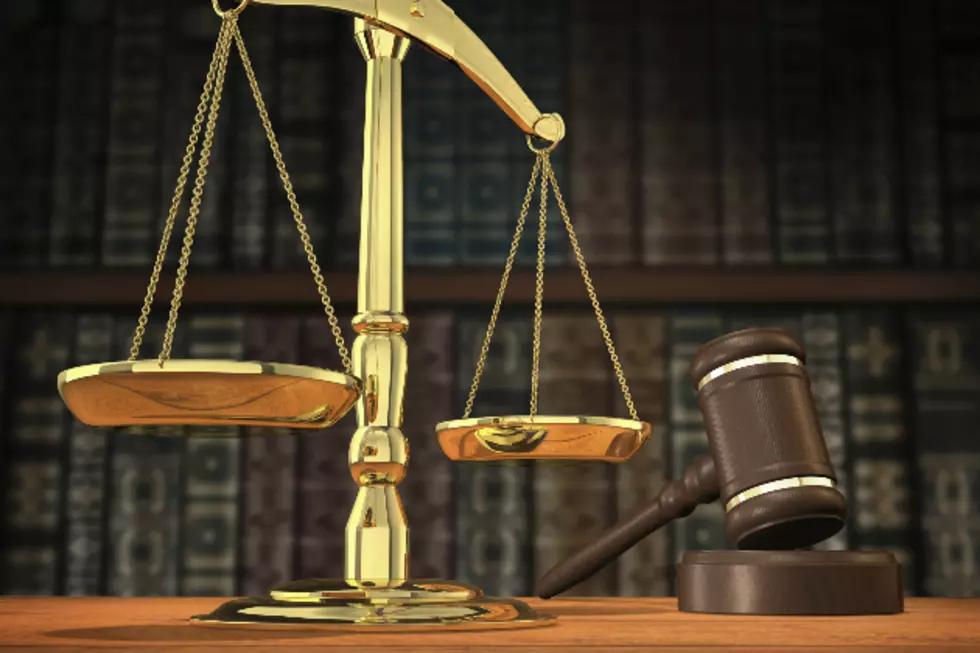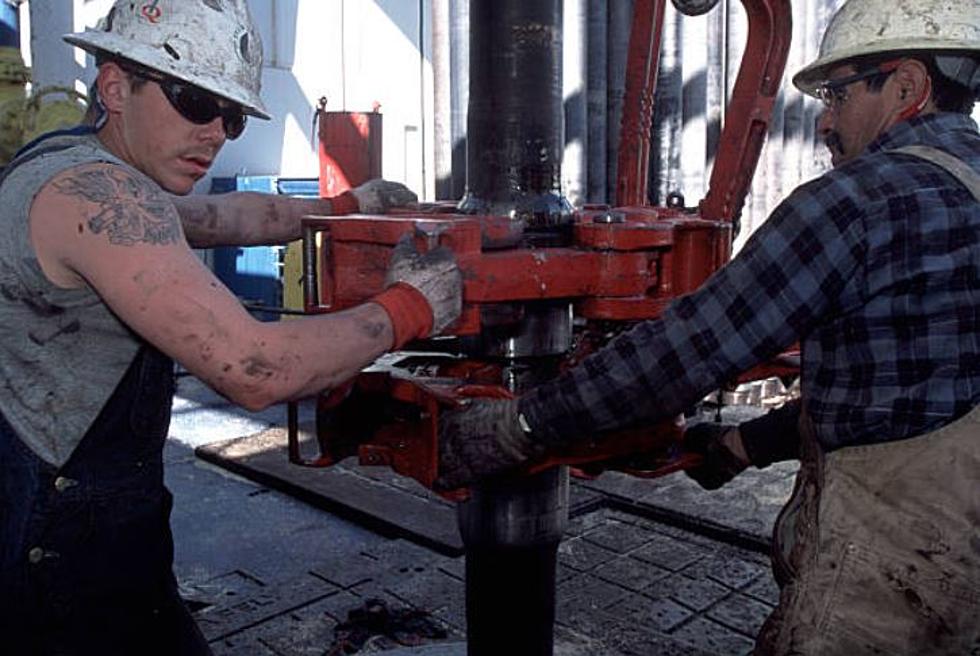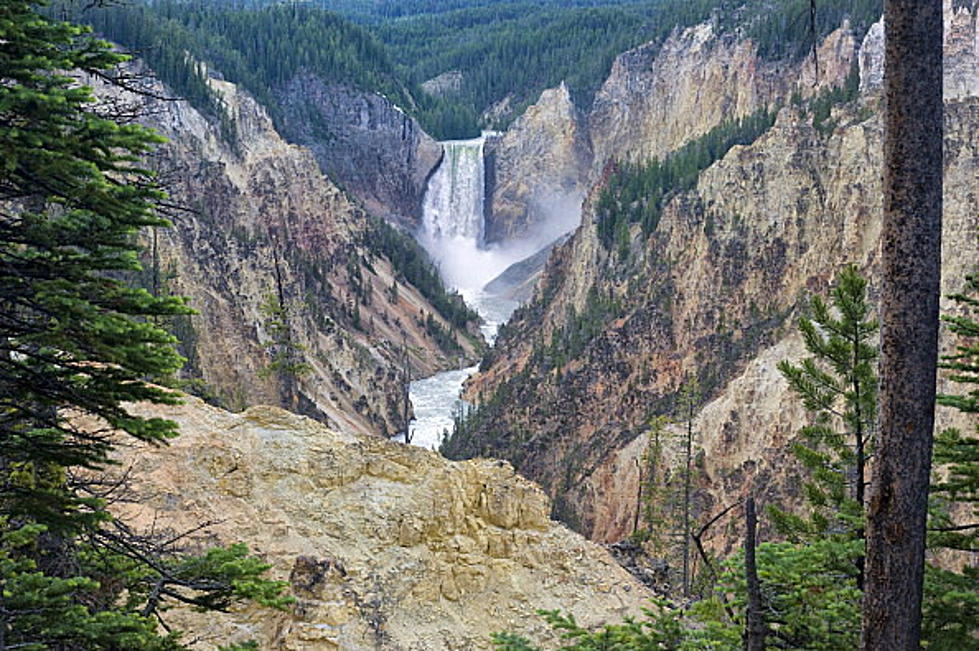
Two Sentenced For Federal Property Destruction near Thermopolis
Two men were recently sentenced in U.S. District Court for felony destruction of federal property about a dozen miles north of Thermopolis, according to court records.
Steven J. Bledsoe and Mathew L. Hurley each will serve three years supervised probation, pay a $100 special assessment and pay $41,140.21 in restitution, according to the sentence handed down by U.S. District Court Judge Nancy Freudenthal.
Freudenthal also ordered them to participate in a cognitive-behavioral treatment program.
The indictment handed down by the federal grand jury on March 17 says they burned REDA cable -- power cables used in oil field operations -- from September 2017 through March 1, 2018, on U.S. Bureau of Land Management property at and near the Gebo-Crosby mining district.
Bledsoe and Hurley each were charged with the one count of willfully injuring government property.
The possible penalties for that crime were up to 10 years imprisonment, up to a $250,000 fine, up to three years supervised probation, and a $100 special assessment.
Hurley pleaded guilty on June 2.
Bledsoe pleaded guilty on July 12.
Lori Hogan, spokeswoman for the Wyoming U.S. Attorney's Office said in a prepared statement that Bledsoe and Hurley contaminated the ground with lead and other chemicals when they burned the REDA cables on BLM land.
"The restitution will go towards reclamation," Hogan said.
Court records did not indicate the residences nor the ages of the defendants, nor did they indicate the location of the affected BLM land.
According to Wyomingtalesandtrails.com, the Owl Creek Coal Company was formed in the early 20th century to provide coal to the newly arrived railroad in Thermopolis.
The 64 entrymen -- those who enter public land with intent to secure an allotment under homestead, mining, or other laws -- who obtained the claims were mostly from New York and sold the claims to some Long Island investors who conveyed them to the Owl Creek Coal Company. Samuel Gebo was among the investors and the town was named for him. He died by suicide in Seattle in 1940.
The company ran into legal problems with the federal government, but the negotiations resulted in Congress passed a resolution authorizing the property to be leased to the coal company. The government received a royalty, the mine stayed open and the miners continued to work.
Gebo's population rose to more than 2,000. "The town had a pool hall, school, bank, boarding houses, a town band, and outside of town another facility for lonely miners," according to Wyomingtalesandtrails.
Mining continued until 1938, and the town was razed in 1971.
What remains is now part of the Gebo-Crosby Historical Mining District, according to the BLM.
Hot Air Balloon Ride over Casper
We Will Always Remember: This is What Casper Was Doing on 9/11
More From K2 Radio









